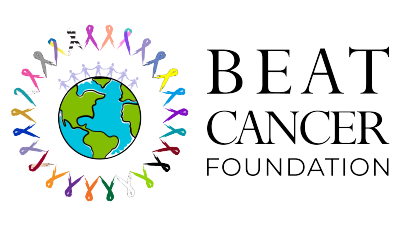
Respiratory Cancers

Clarifying Respiratory Cancers
Different Types of Respiratory Cancers: An Overview
Respiratory cancers encompass a diverse group of malignancies affecting the lungs and respiratory tract. These cancers can vary in location, cellular composition, and aggressiveness. By understanding the different classifications, patients can make informed decisions about their care, while practitioners can develop more effective treatment protocols.
Small Cell Lung Cancer (SCLC)
SCLC is a highly aggressive and fast-growing form of lung cancer, often metastasized by the time of diagnosis. Risk factors include a history of smoking, second-hand smoke exposure, radiation exposure, and air pollution. To treat SCLC, natural chemotherapies like Cordyceps, Mullein, and Licorice root, along with anti-inflammatory nutrients such as Curcumin, Green Tea Extract, and Boswellia, can be employed to stimulate the immune system and reduce inflammation. Identifying the cancer's fuel source and addressing detoxification pathways are essential for effective treatment. Rife technology can also be incorporated into treatment protocols to directly target affected cells.
Non-Small Cell Lung Cancer (NSCLC)
NSCLC, a more common and treatable form of lung cancer, comprises three main subtypes: adenocarcinoma, squamous cell carcinoma, and large cell carcinoma. Treatment protocols should target the root cause and bolster the immune system to help eliminate cancer cells. Antioxidant nutrients like Alpha Lipoic Acid, Vitamin C, and Vitamin E can help reduce inflammation. Similar to SCLC, natural chemotherapies and anti-inflammatory agents can prove beneficial. Detoxification pathways and whole-body care must also be considered, along with the guidance of a practitioner who supports immune function.
Bronchial and Laryngeal Cancers
Bronchial Cancer originates in the bronchial tubes, which connect the windpipe to the lungs, while Laryngeal Cancer affects the larynx or voice box. Alternative practitioners typically emphasize improving the patient's overall health, immune system, and detoxification capacity rather than exclusively treating the cancer. Recommended treatments include reducing animal proteins and dairy intake, supporting liver detoxification with Milk Thistle, Artichoke Leaf, and Dandelion Root, and incorporating Rife technology into the treatment plan.
Malignant Mesothelioma
Malignant Mesothelioma is a cancer affecting the thin tissue layer surrounding most internal organs, with pleural mesothelioma being the most common form. Asbestos exposure is the primary cause of this cancer. Treatment should focus on detoxification and addressing toxicity while impeding the cancer's growth. This involves specific testing, targeting the cancer's fuel source, and using natural chemotherapies like Cordyceps, Mullein, and Licorice root. Liver detoxification can be supported with Milk Thistle, Artichoke Leaf, and Dandelion Root.
Nasopharyngeal Cancer
Nasopharyngeal Cancer is a head and neck cancer that begins in the nasopharynx, the upper part of the throat behind the nose and near the base of the skull. Treatment should prioritize enhancing the patient's overall health, immune system, and detoxification ability. This can be achieved by reducing inflammation with Curcumin, Boswellia, and Green Tea Extract, limiting animal proteins and dairy intake, and employing nutraceuticals such as enzymes, pre- and probiotics, and intestinal binders to heal leaky gut. Rife technology can also be a valuable addition to the treatment protocol.
In conclusion, understanding the unique characteristics of each respiratory cancer is crucial for developing effective treatment plans. Working with a practitioner who addresses the root cause and supports immune function is essential. A holistic approach that considers detoxification
“Knowing all your treatment options could be life-saving!”
Location
Sheridan, WyomingTogether, we can beat cancer
Thank you for your interest in the Beat Cancer Foundation. We are here to support you every step of the way in your cancer treatment journey. Please fill out the form below, and our team will be in touch with you shortly. Together, we can beat cancer. (307) 291-0991

